Understanding Body Whitening Oils
Body whitening oils have become increasingly popular for those seeking a brighter and more even skin tone. These oils are designed to reduce the appearance of dark spots, hyperpigmentation, and uneven skin tone, leading to a more radiant complexion. Understanding what these oils are and how they work is the first step in achieving the desired results. The market is full of options, but understanding the key components and the right selection will ensure you are on the right track.
What is Body Whitening
Body whitening refers to the process of lightening the skin tone, reducing dark spots, and achieving a more uniform complexion. This can be achieved through various methods, including the use of specific skincare products. Many individuals seek body whitening treatments to address issues like hyperpigmentation, sunspots, acne scars, and uneven skin tone. While results can vary, the goal is often to enhance the overall appearance and boost confidence. It’s important to approach body whitening with realistic expectations and prioritize skin health.
Benefits of Body Whitening Oils
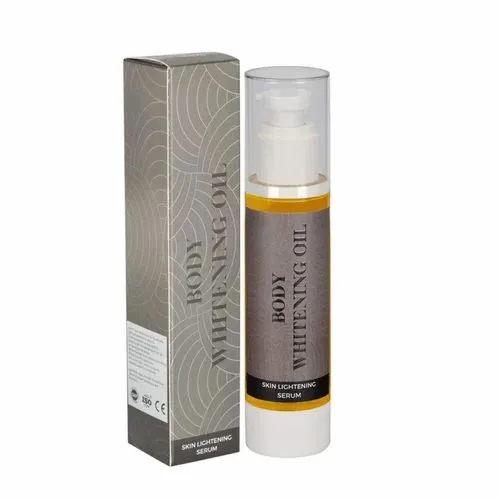
The benefits of using body whitening oils extend beyond just achieving a lighter skin tone. Many of these oils are enriched with antioxidants and essential fatty acids that nourish and hydrate the skin, improving its overall health and appearance. Regular use can lead to a reduction in the visibility of dark spots, blemishes, and scars, resulting in a smoother, more even complexion. Additionally, some oils offer protection against sun damage and environmental stressors, promoting healthy, glowing skin. These oils are usually all-natural and great for sensitive skin types.
How Body Whitening Oils Work
Body whitening oils often work by inhibiting melanin production, the pigment responsible for skin color. Ingredients like vitamin C, kojic acid, and certain plant extracts help to reduce melanin synthesis, leading to a lighter skin tone over time. These oils also possess exfoliating properties, aiding in the removal of dead skin cells and revealing brighter skin underneath. Many oils also contain ingredients that support skin cell turnover, promoting a fresher and more radiant complexion. The right selection is important for optimal results.
Top 7 Oils for Body Whitening
Here are the top 7 oils for body whitening, each with its unique benefits and application methods. These oils have been carefully selected based on their efficacy, natural ingredients, and positive customer reviews. Remember to perform a patch test before applying any new product to a larger area of your skin, to ensure it does not cause any irritation or allergic reactions. All of these are designed for the best body whitening.
Coconut Oil for Skin Whitening
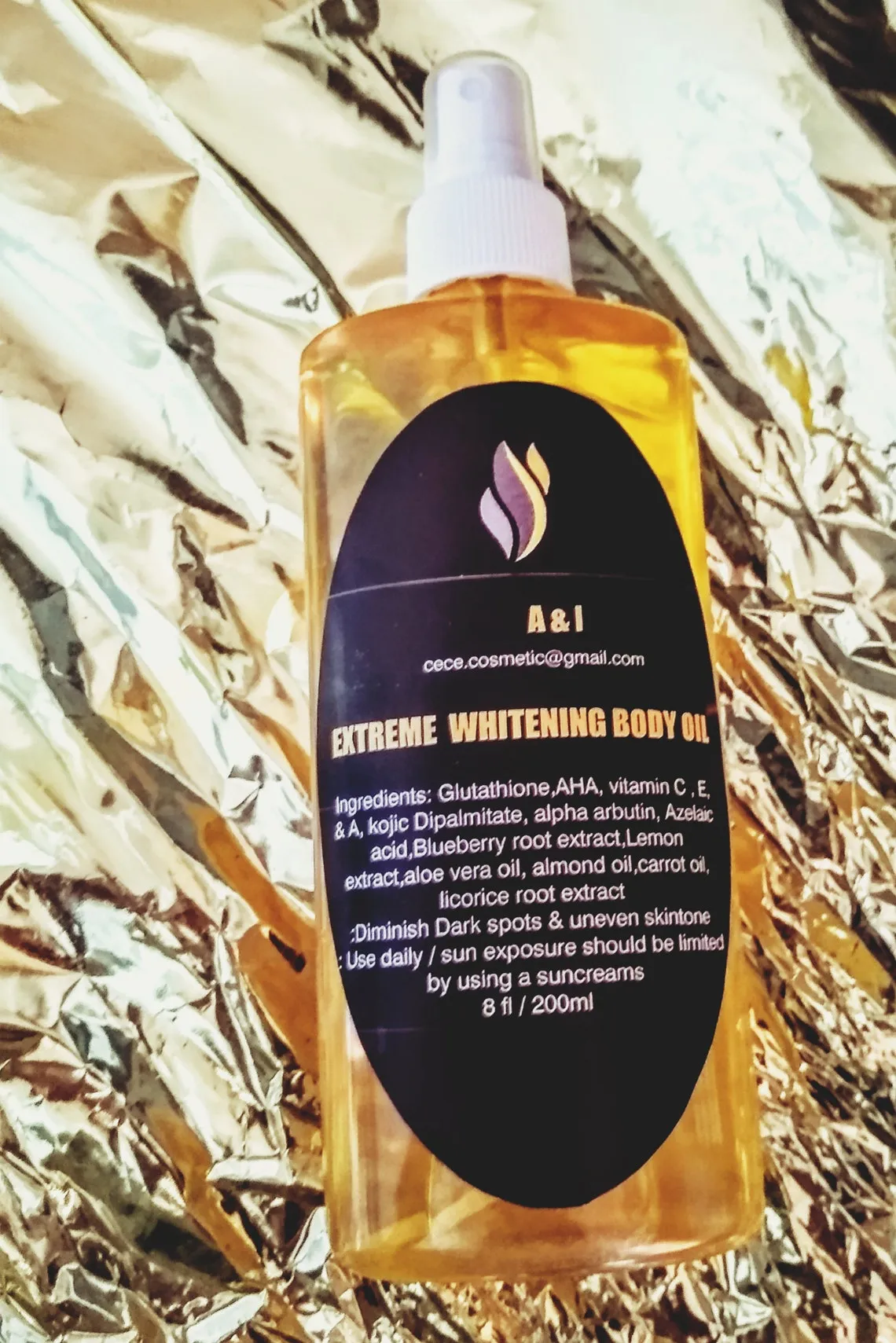
Coconut oil is a versatile oil known for its moisturizing and skin-lightening properties. It contains medium-chain fatty acids that help to nourish and hydrate the skin, improving its texture and appearance. Its ability to penetrate the skin deeply makes it an effective carrier for other active ingredients. While coconut oil can indirectly contribute to skin whitening by reducing the appearance of dark spots and promoting a more even skin tone, it is not primarily a whitening agent but more of a support.
Benefits of Coconut Oil
The benefits of coconut oil include deep moisturization, which makes the skin soft and supple. It contains antioxidants that protect against free radical damage, promoting healthy skin. Coconut oil is also known for its anti-inflammatory and antimicrobial properties, which can help soothe irritated skin and prevent infections. Regular use can improve skin elasticity and reduce the appearance of fine lines and wrinkles, contributing to an overall brighter complexion. The many benefits make it a good start to any skincare routine.
How to Use Coconut Oil
To use coconut oil for skin whitening, apply a small amount to clean, dry skin and massage gently in circular motions. You can use it as a daily moisturizer or as a mask, leaving it on for about 15-20 minutes before rinsing with lukewarm water. For enhanced results, mix coconut oil with other whitening ingredients like lemon juice or turmeric powder, ensuring a patch test beforehand to check for any sensitivities. This can be done to boost the whitening process.
Almond Oil for Body Whitening

Almond oil is rich in vitamin E and other essential nutrients that promote skin health and radiance. It is known for its ability to lighten dark spots and even out skin tone. Almond oil penetrates the skin easily, delivering deep hydration and nourishment, improving skin’s texture and appearance. Its gentle nature makes it suitable for sensitive skin types. With regular use, almond oil can contribute to a brighter, more youthful complexion.
Benefits of Almond Oil
The benefits of almond oil include its ability to reduce the appearance of dark circles and blemishes. It helps to soothe dry and irritated skin, providing relief from itching and inflammation. Almond oil is also known to improve skin elasticity and reduce the appearance of fine lines and wrinkles. Its high vitamin E content protects the skin from environmental damage, promoting a healthy glow. Using the right oil is crucial to achieving desired results.
How to Use Almond Oil
Apply a few drops of almond oil to clean, dry skin and massage gently until absorbed. It can be used as a daily moisturizer or added to other skincare products. For enhanced whitening effects, mix almond oil with a few drops of lemon juice or honey. Performing a patch test before applying to a large area is essential to ensure no adverse reactions. Consistent use is key to achieving noticeable results over time. You may incorporate this into your nighttime routine.
Jojoba Oil for Skin Brightening
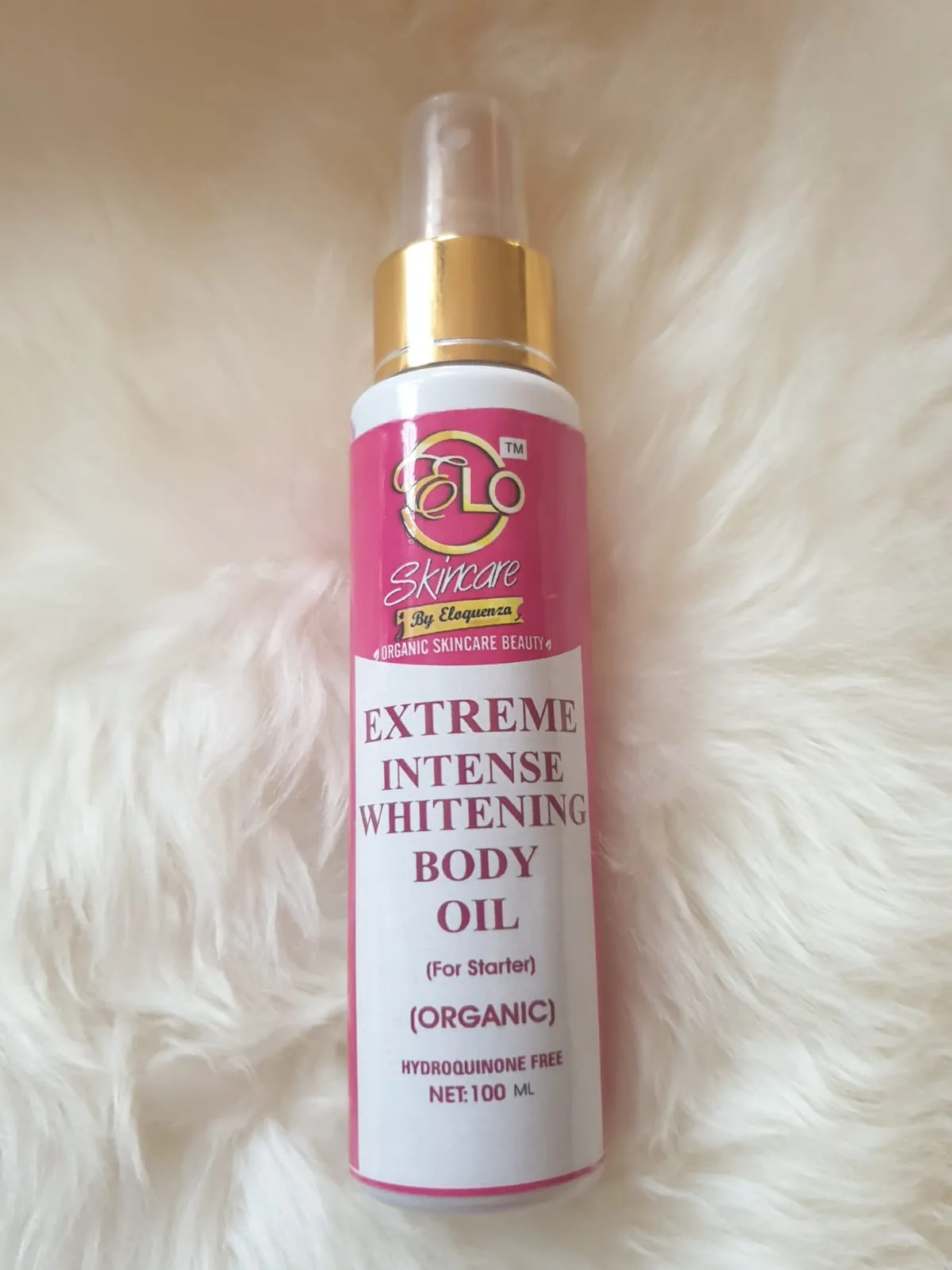
Jojoba oil closely resembles the skin’s natural sebum, making it an excellent moisturizer and skin brightener. It helps to balance the skin’s oil production, preventing both dryness and excess oiliness. Jojoba oil is packed with antioxidants and essential fatty acids that protect the skin from environmental damage. Its non-comedogenic nature means it won’t clog pores. Regular use of jojoba oil can lead to a more radiant and even skin tone.
Benefits of Jojoba Oil
The benefits of jojoba oil include deep hydration and its ability to reduce inflammation. It soothes irritated skin, making it ideal for those with sensitive skin conditions. Jojoba oil’s antioxidant properties help to fight free radical damage, promoting a healthier complexion. It also helps in controlling acne, which can contribute to an uneven skin tone. This oil contributes greatly to overall skin health.
How to Use Jojoba Oil
Apply a few drops of jojoba oil to clean, dry skin and massage gently until absorbed. You can use it as a daily moisturizer or as a carrier oil for other skincare products. It can be mixed with essential oils like tea tree or lavender to enhance its benefits. Jojoba oil is gentle enough for daily use and can be incorporated into both morning and evening skincare routines. Make sure you conduct a patch test first.
Rosehip Oil for Skin Lightening
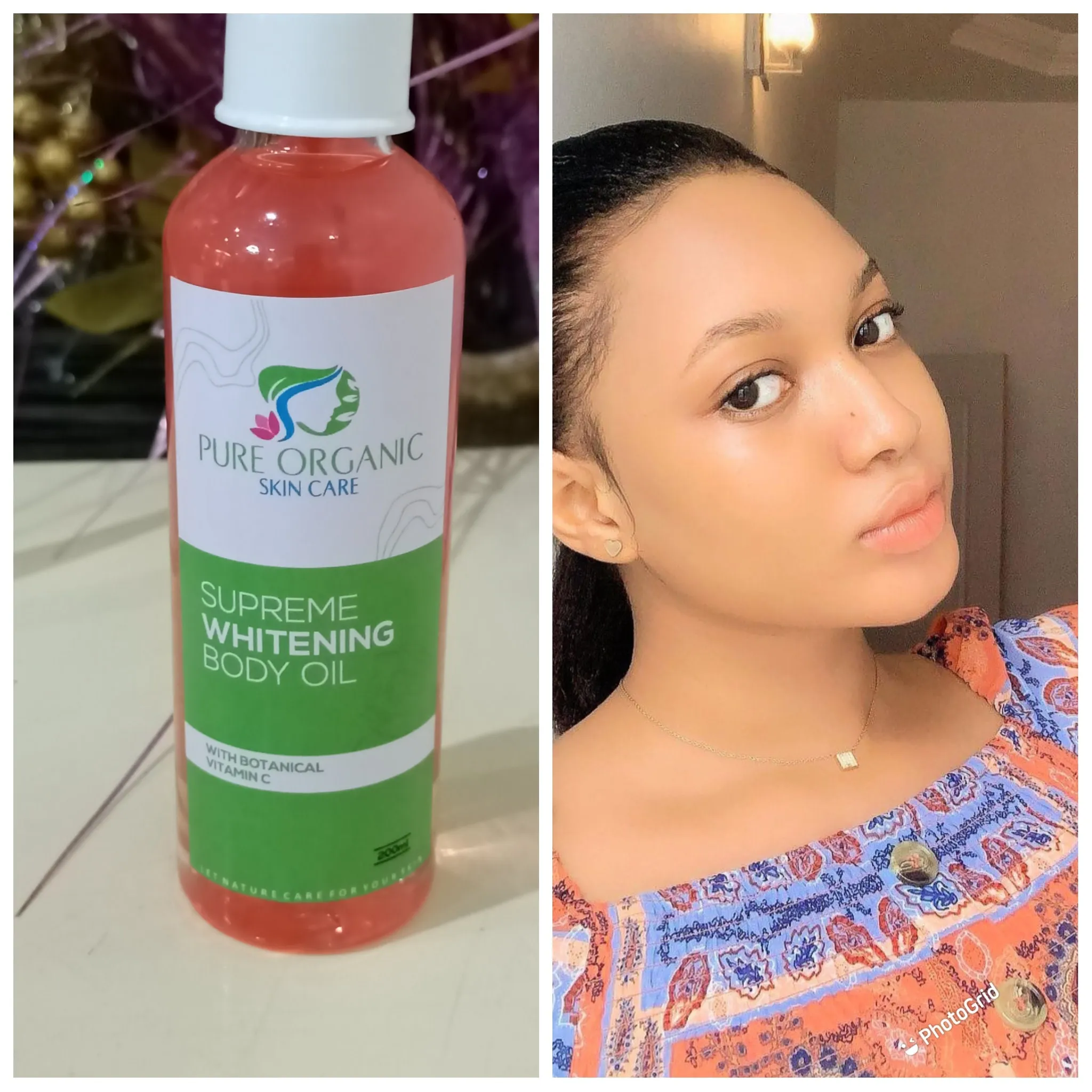
Rosehip oil is derived from the seeds of rose bushes and is packed with vitamins, antioxidants, and essential fatty acids. It is particularly effective in lightening scars, reducing hyperpigmentation, and improving skin tone. The high concentration of vitamin C in rosehip oil contributes to its skin-brightening properties. This oil helps to promote collagen production, leading to a firmer, more youthful complexion. Incorporating rosehip oil into your routine can lead to significant improvements.
Benefits of Rosehip Oil
The benefits of rosehip oil include its ability to reduce the appearance of scars, stretch marks, and fine lines. It helps to even out skin tone and reduce hyperpigmentation, such as sunspots. Rosehip oil also boosts collagen production, improving skin elasticity and firmness. Its moisturizing properties help to hydrate and nourish the skin, promoting a healthy glow. This is a great oil for any routine and has numerous benefits.
How to Use Rosehip Oil
Apply a few drops of rosehip oil to clean, dry skin and gently massage until absorbed. It can be used as a daily moisturizer, particularly at night, as it absorbs deeply. For enhanced results, combine rosehip oil with other skin-brightening ingredients like vitamin C serum. Performing a patch test before applying it to a large area is crucial, especially for sensitive skin. You should begin slowly and work up as needed.
Argan Oil for Body Whitening
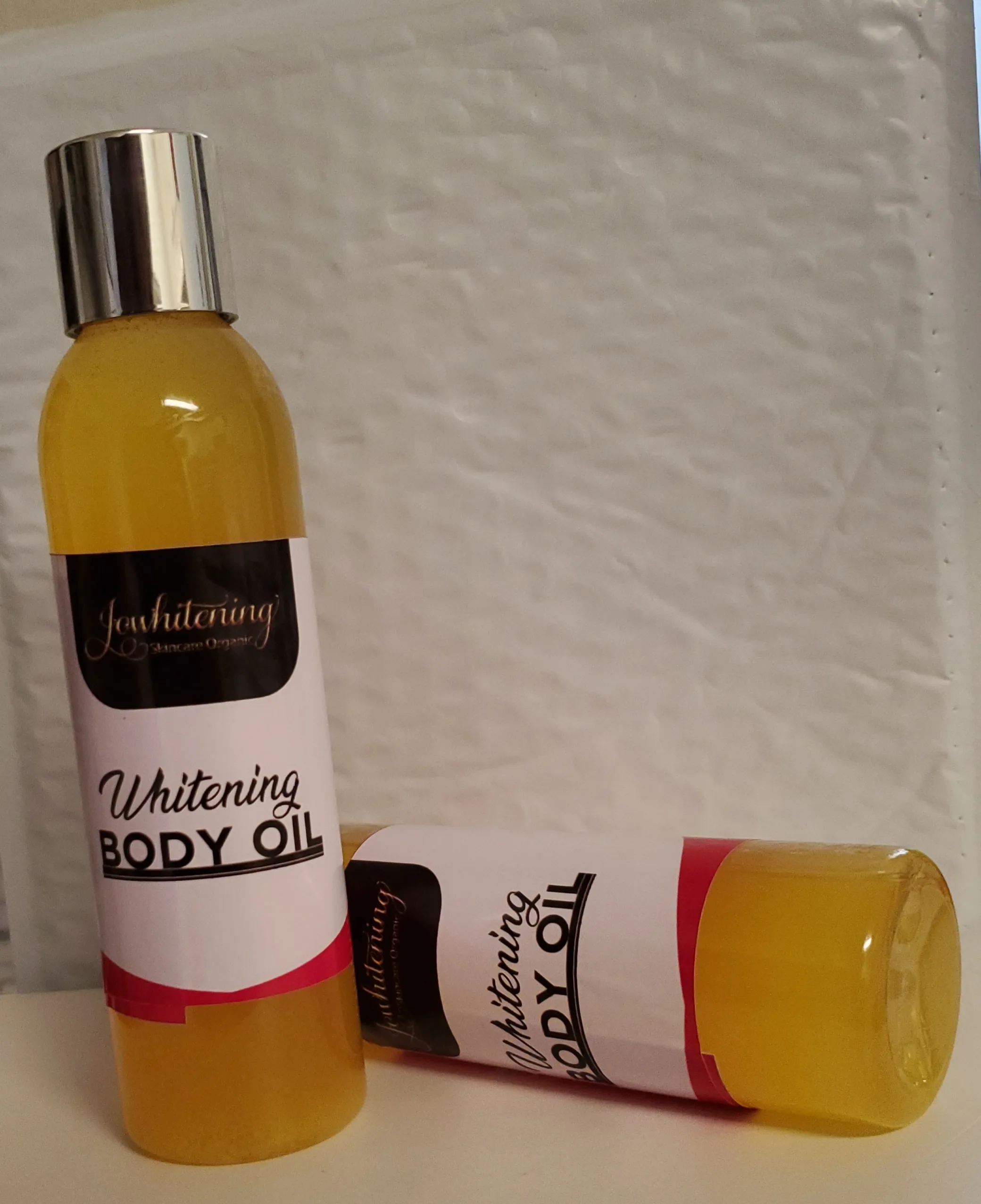
Argan oil is rich in antioxidants, vitamin E, and essential fatty acids. These compounds help to protect the skin from environmental damage and promote a healthy glow. While not primarily a whitening oil, its moisturizing and nourishing properties can indirectly contribute to a more even skin tone by reducing the appearance of scars and blemishes. Argan oil helps to improve skin elasticity and reduce the appearance of fine lines and wrinkles, making it a great option for the best body whitening.
Benefits of Argan Oil
The benefits of argan oil include deep moisturization, which keeps the skin soft and supple. It helps to improve skin elasticity and reduce the appearance of fine lines and wrinkles. Argan oil also has anti-inflammatory properties, which can soothe irritated skin. Its antioxidant content helps to protect the skin from environmental stressors, such as UV rays and pollution. It is a great additive to your skincare routine.
How to Use Argan Oil
Apply a few drops of argan oil to clean, dry skin and massage gently until absorbed. It can be used as a daily moisturizer, especially at night, to allow the oil to fully absorb. Argan oil can also be added to other skincare products to boost their hydrating and nourishing effects. It’s gentle and effective, making it suitable for daily use on most skin types. Performing a patch test is recommended before widespread use.
Olive Oil for Skin Tone
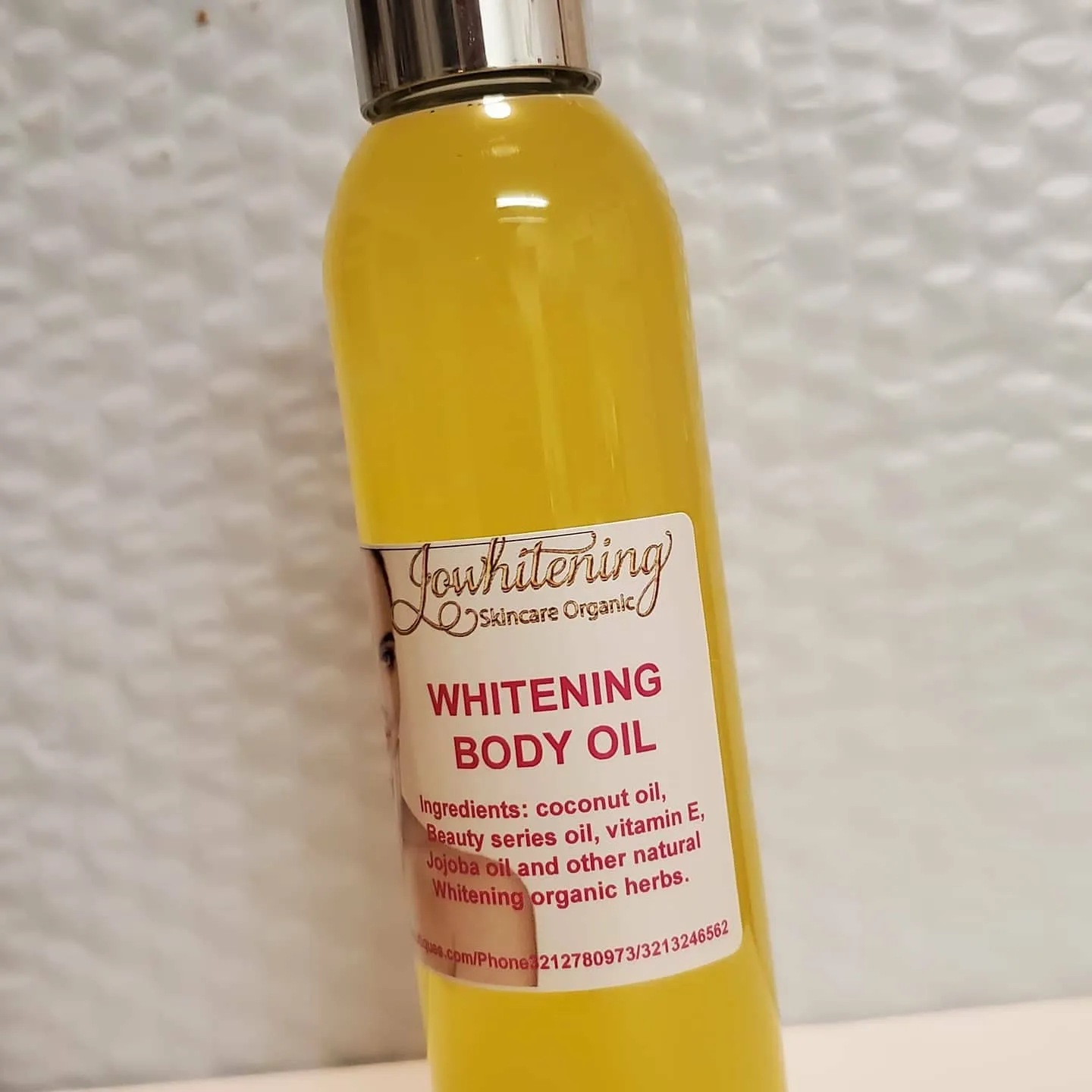
Olive oil is a staple in many households and is known for its numerous health benefits, including its positive effects on the skin. It contains antioxidants, vitamins, and healthy fats that nourish and moisturize the skin. While not a direct whitening agent, olive oil can improve skin tone by reducing the appearance of imperfections and promoting overall skin health. The use of high-quality olive oil is key.
Benefits of Olive Oil
The benefits of olive oil include deep hydration and nourishment, which helps to maintain skin’s suppleness. It contains antioxidants that protect the skin from environmental damage and premature aging. Olive oil can also reduce inflammation and soothe irritated skin. Regular use can improve skin elasticity and give a healthy glow. It is generally safe to use on all skin types and is easily accessible. The benefits are undeniable.
How to Use Olive Oil
Apply a small amount of olive oil to clean, dry skin and massage gently until absorbed. It can be used as a daily moisturizer or as a mask, leaving it on for about 15-20 minutes before rinsing with lukewarm water. For enhanced benefits, mix olive oil with honey or lemon juice. Always conduct a patch test to ensure there are no adverse reactions. This simple addition can be incorporated easily into your routine.
Tea Tree Oil for Whitening
Tea tree oil is known for its antibacterial and anti-inflammatory properties. While not a primary whitening agent, it can help reduce acne, blemishes, and other skin imperfections that can contribute to uneven skin tone. Tea tree oil should always be used with caution and diluted properly to avoid skin irritation. It is best used as a spot treatment to target specific areas of concern. Always conduct a patch test before use.
Benefits of Tea Tree Oil
The benefits of tea tree oil include its ability to reduce acne and blemishes due to its antimicrobial properties. It can soothe inflamed skin and reduce redness. Tea tree oil can also help to prevent infections and promote faster healing. Regular use, when diluted, can improve the overall appearance of the skin. Always be sure to dilute the oil before use.
How to Use Tea Tree Oil
Dilute tea tree oil with a carrier oil, such as coconut oil or almond oil, before applying it to the skin. Use a cotton swab to apply the diluted oil to the affected areas, such as blemishes or dark spots. Avoid using undiluted tea tree oil, as it can cause skin irritation. Always perform a patch test before widespread use. Be cautious when using around the eyes and mouth.
Choosing the Right Body Whitening Oil
Choosing the right body whitening oil depends on individual skin type, specific concerns, and desired results. It’s crucial to consider your skin type and any existing skin conditions. It’s also important to understand the ingredients in each oil and how they interact with your skin. Understanding what your skin needs is the first step. This can lead to desired results, and in order to achieve that you must select the best one for you.
Skin Type Considerations
For dry skin, choose oils with moisturizing properties like coconut, almond, or olive oil. If you have oily skin, opt for lighter oils like jojoba or tea tree oil, which help balance oil production. Those with sensitive skin should consider patch-testing any new oil and choosing gentle, hypoallergenic options. Always look for oils specifically formulated for your skin type to avoid irritation or adverse reactions. Your skin type will determine which oil is best.
Ingredients to Look For
When selecting a body whitening oil, look for ingredients known for their skin-brightening properties. Vitamin C, kojic acid, and licorice extract are effective at reducing dark spots and uneven skin tone. Retinoids, derived from vitamin A, can also improve skin tone and texture. Always check the ingredient list to avoid potential allergens or irritants. Research the ingredients to ensure they are safe and effective for your specific needs. Knowing the ingredients ensures you are getting a product that meets your needs.
How to Apply Whitening Oils Effectively
The effectiveness of body whitening oils depends on proper application techniques. Preparing your skin before applying the oil is essential. Incorporating these oils into your skincare routine will bring the best results. Consistency is key, and regular use will lead to visible improvements over time. Proper application is key to success.
Application Techniques
Before applying any whitening oil, cleanse and exfoliate your skin to remove dead cells and allow for better absorption. Apply a small amount of oil to clean, dry skin, and gently massage it in circular motions until fully absorbed. Focus on areas with uneven skin tone or dark spots. Consider using the oil at night, allowing it to work while you sleep, for optimal results. These techniques will bring the best results.
Frequency of Use
The frequency of use depends on the specific oil and your skin’s tolerance. Start with a few times a week and gradually increase the frequency as your skin adjusts. For most oils, daily or nightly use is common. Always monitor your skin for any signs of irritation or adverse reactions. Consistency is key, but listen to your skin’s needs and adjust your routine accordingly. Regular use will bring you closer to your goals.
Potential Risks and Precautions
While body whitening oils can offer significant benefits, it’s important to be aware of potential risks and take necessary precautions. Some ingredients may cause irritation or allergic reactions, especially for sensitive skin types. Understanding the risks and taking the right precautions will ensure the best results with no negative repercussions.
Side Effects and Allergic Reactions
Some common side effects include skin irritation, redness, itching, and dryness. Allergic reactions can manifest as hives or swelling. Always perform a patch test before applying a new oil to a larger area. If you experience any adverse reactions, discontinue use immediately and consult a dermatologist. Being aware of potential side effects will help you make the right decision.
When to Consult a Dermatologist
Consult a dermatologist if you experience persistent skin irritation, allergic reactions, or if your skin condition worsens. A dermatologist can provide professional advice and recommend suitable products or treatments. They can also help to identify any underlying skin conditions. If you’re unsure about a product, seeking professional advice is always a good idea. These professionals are there to help and guide you.
Conclusion
Body whitening oils can be a valuable addition to your skincare routine, offering numerous benefits for achieving a brighter and more even skin tone. Choosing the right oil, understanding its benefits, and applying it effectively are key to seeing the desired results. By following the tips and precautions outlined in this guide, you can safely and effectively incorporate body whitening oils into your routine. Remember to be patient and consistent, as it may take time to see visible improvements. Start your journey today towards radiant skin.
